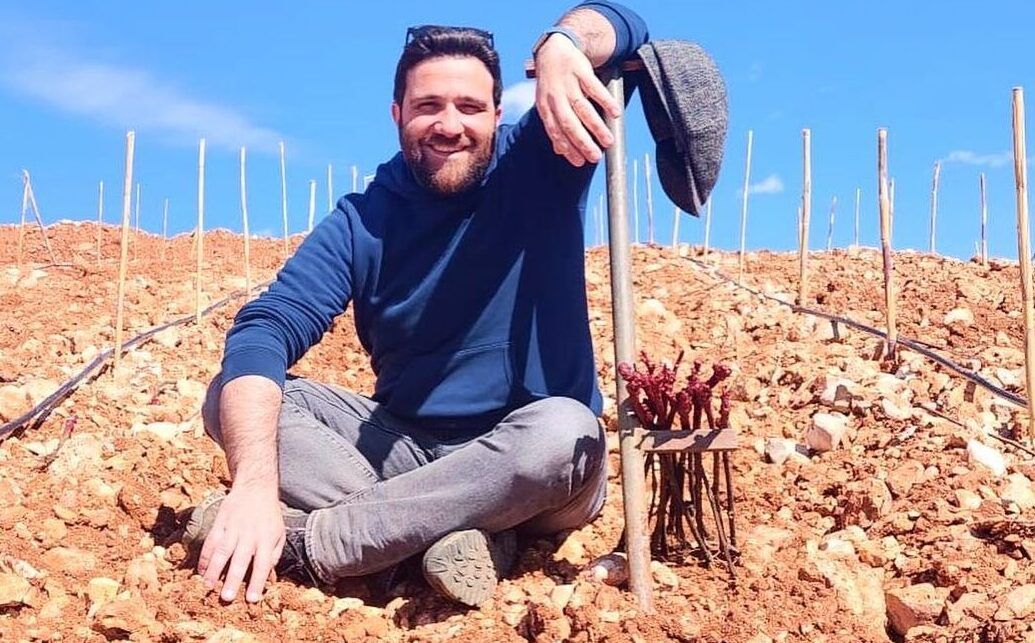“People these days, particularly young people, don’t want new oak barrels; they want fresh, modern un-oaked wines that are ready to drink,” says Domaine des Tourelles winemaker, Faouzi Issa.
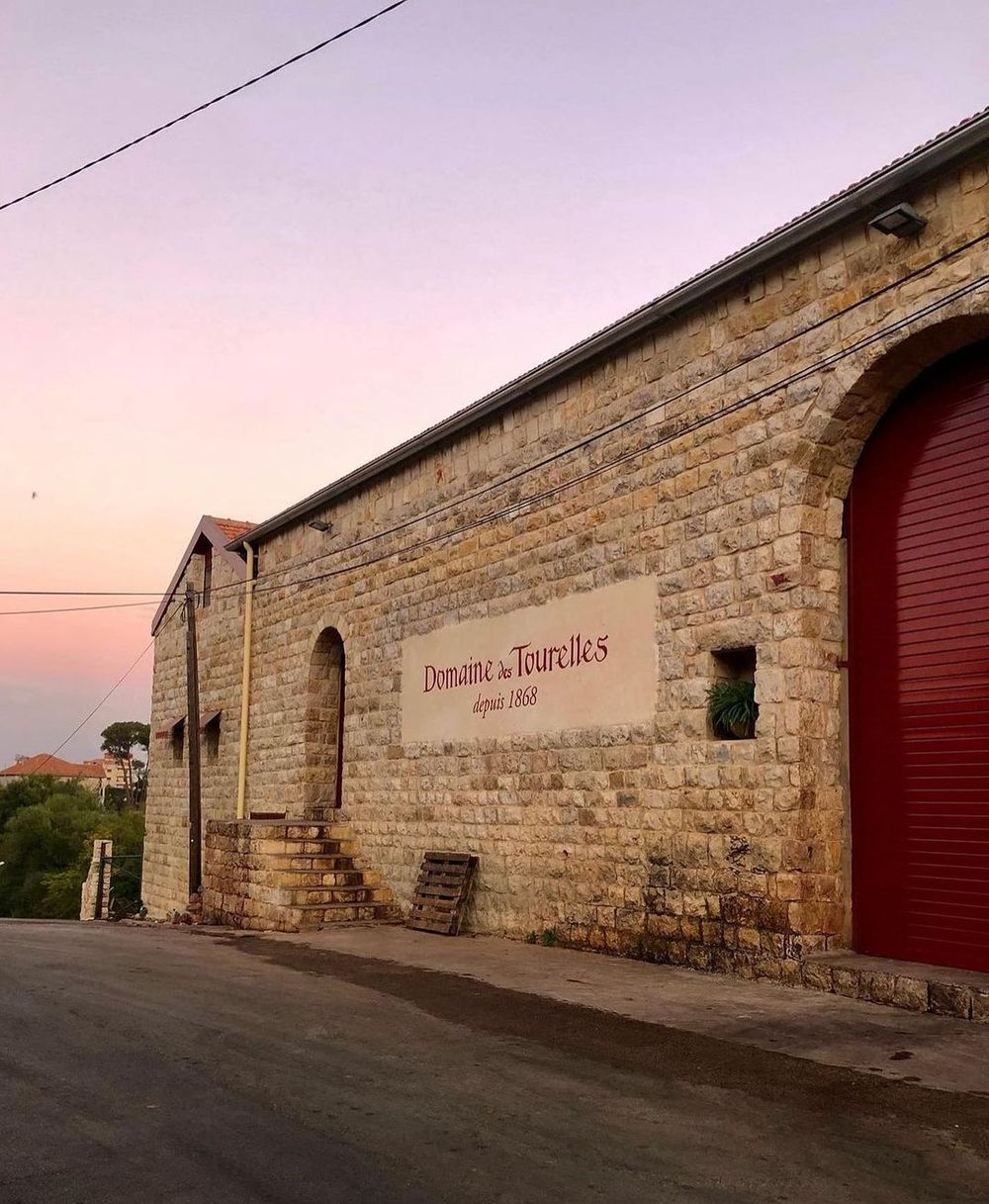
A new dawn: Domaine des Tourelles – one foot in the past and one in the future
“You can’t go home again,” said the title of Thomas Wolfe’s famous posthumous 1940 novel.
The phrase has passed into popular culture and suggests that, if you try to return to your roots after time away, you will be unhappy because everything has changed, including yourself. Faouzi Issa, however, is one of those people who suggests you can go home again – and succeed, in a big way – if you approach things in the right spirit.
After his father Elie suffered a (non-fatal) heart attack in 2003, Issa returned from what had just become a fully salaried winemaking position at Chateau Margaux, leaving behind his dreams of working there and in other famous wine regions. He agreed to become chief winemaker at Domaine des Tourelles, which his family had bought with their close friends, the El-Khoury family, as long as he had control over what is Lebanon’s oldest commercial winery, established by the French Brun family in 1868.
In his early 20s Issa soon realised that, with its interwar glory days behind it, Tourelles had fallen on hard times, and facing an uncertain future against the backdrop of problems that continue to afflict Lebanon and its winemaking industry today.
Although the country was in better shape than it is today, amidst the collapse of the economy and banking system and the devastation wrought by the explosion at Beirut Port on August 4 2020, winemaking wasn’t easy… Hizbollah was just up the road and the wine industry was entirely dependent on imports for just about everything except the wine itself.
Incidentally. both these realities endure amidst a dramatic collapse in domestic purchasing power which imperils the whole Lebanese wine industry. But when he took over Tourelles, Issa who was then Lebanon’s youngest winemaker at its oldest winery, had a clear vision.
“I really wanted to connect to the terroir and demonstrate that Lebanon can grow a great variety of grapes especially at our estate where we have altitude – above 1000m – and can get great acidity because of the hot daytime temperatures and the cool nights. The conditions are the dream of most winemakers, and give you the confidence to make great wine,” he says, at a comprehensive tasting of his wines in London.
That certainly seems to have been realised. Not only did Issa pull Tourelles back from the brink, in 2009 he won his first international winemaking medal and he hasn’t looked back since. His velvety, well-made red and white blends, the serious, structured Marques de Beys white Chardonnay, the Marques de Beys red (50/50 Syrah/Chardonnay) and the complex high-end 100% Syrah du Liban regularly win plaudits for their drinkability and age-worthiness. These are all very approachable wines in their youth but also show real character, particularly the older vintages.
So how were the new wines tasting?
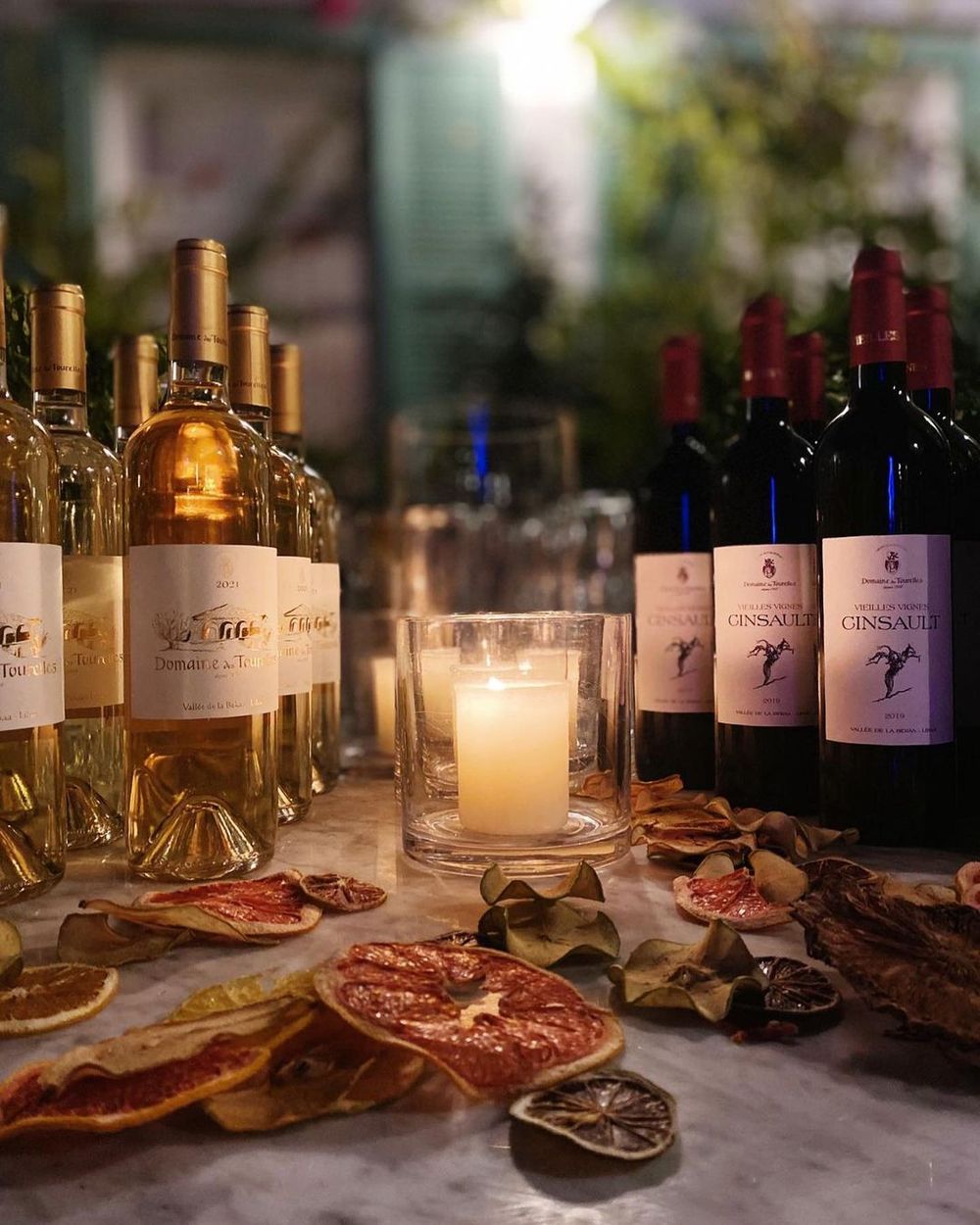
Amongst the stars of this London tasting were the concrete-aged Domaine des Tourelles red 2009 (one of Issa’s first wines) which was quite lean but showing balance and good acidity; and the same wine from 1976 (coincidentally the year Lebanon’s long civil war broke out) which was still showing freshness and verve with red and dark fruit still apparent on a surprisingly broad palate. A Syrah de Liban 2006 was also impressive – suggestions of hazelnut and black cherry and a very long finish.
Issa now makes 11 wines – with typical annual production around 600,000 bottles and rising, 80% of the wines are red but whites are increasing their share of the total, reflecting what he says is in response to a surge in demand. In many ways the core of his winemaking ambition lies in his Vielles Vignes wines, made from old bush vines at least 60 years old and aged in concrete before the reds go onto spend six months in oak: Tourelles has 56 concrete tanks, some of which are decades old, and Issa is a big fan.
The first Vielles Vignes wine, a 100% Cinsault, was joined by a Carignan in 2018 and now by a white blend of Merwah and Obeidi, two local varieties that grow on bush vines which stretch like trees across the fields, that Issa admits are a great part of the attraction for him. He dismisses other winemakers in Lebanon – especially French ones – who say the grape varieties, especially red, are somehow inferior to the Bordeaux and Rhône varieties more commonly grown in Lebanon.
“We have more than 240 days of sunshine which, together with the altitude and the lack of fungal diseases, means these can grown really well here, and show flavours and character quite different from say, Cabernet Sauvignon or Merlot. They show what I think is somehow a more Lebanese style than these better-known French varieties,” he says.
And they have a long pedigree, having been first planted in the Bekaa Valley in the mid-nineteenth century around the time when the Brun family founded Domaine des Tourelles.
It’s hard not to agree with Issa about their appeal: the Vieux Vignes Cinsault 2019 is very silky and elegant, medium weight, showing mainly red fruit supported by well-balanced acidity, whilst the Vieux Vignes Carignan 2019 is weightier, fuller but subtle, with lean tannins supporting red and dark berry fruit.
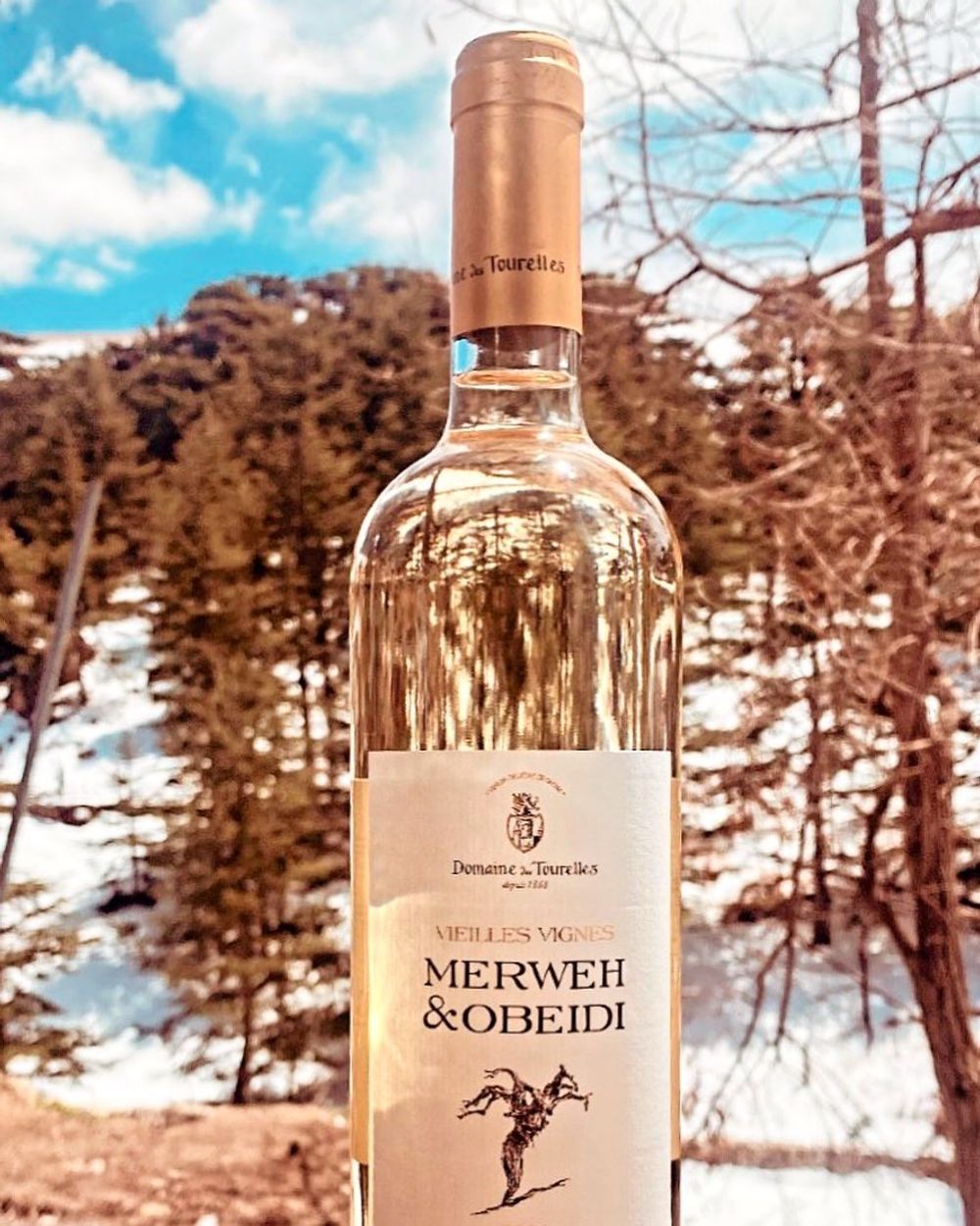
Issa is particularly happy with the Vieux Vignes Merwah & Obeidi 2021, quite fresh and lean, with just 11% alcohol but showing amazing character as perhaps one might expect from these native grapes which are more commonly used to make Arak (Issa’s highly regarded Arak Brun is another product of which he is very proud). He says the result is like the wines that used to be made back in the 1940s and 1950s, in what he regards as Lebanon’s wine heyday,
“It’s a true expression of what Lebanon was and is. It’s accessible, characteristic and speaks of the land, and that’s the point. People these days, particularly young people, don’t want new oak barrels; they want fresh, modern un-oaked wines that are ready to drink, and increasingly they want white and rosé wines. And that is why we are now focusing on making more of these.”
Equally enjoyable is another of Issa’s new wines, the Domaine des Tourelles Skin 2020, an orange wine made from 100% Merwah grown on 150-year-old bush vines. Just 2500 bottles were made of this – the next vintage will see 3500 – and it’s truly enjoyable, golden honey coloured and well balanced, having had 10 months skin contact in terracotta jars, resulting in a wine with wonderful grip and a lively, vivacious character, with suggestions of roasted almond and marmalade on the palate.
Showing a different side to Lebanon
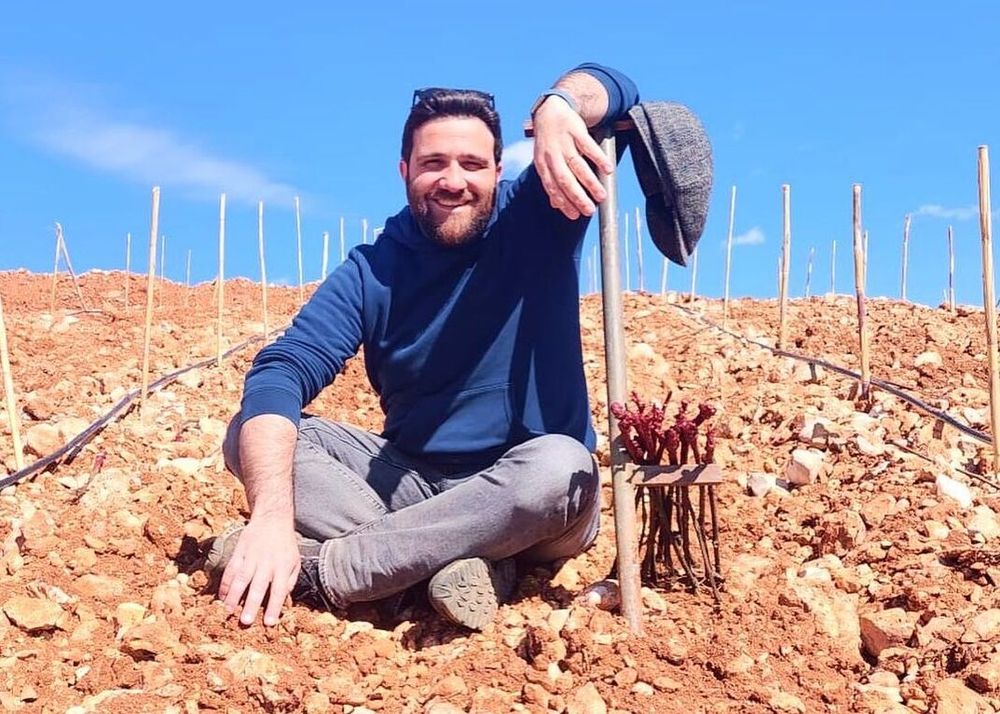
Domaine des Tourelles winemaker Faouzi Issa in a newly-planted Merweh vineyard
These wines are different from the Lebanese viticultural mainstream – which reflects the country’s French colonial heritage and is something of a shrine to Bordeaux varietals and Chardonnay – and Issa is the first to acknowledge this.
“Look, Chateau Musar opened the door for us and for other Lebanese producers but we’re all different and I think that’s to be cherished. I want to show what I feel is the real identity of Lebanon but our wines can be seen as ‘off-piste’ because of our varieties and limited use of oak. That’s why I don’t necessarily target Lebanese restaurants when trying to expand our on-trade customer base, but more eclectic places where being different is seen as a positive thing,” he says.
He admits though that with Lebanon’s economic difficulties showing no signs of improving, and the Lebanese pound having lost 90% of its value since 2019-20, the export market is absolutely crucial. The same Domaine des Tourelles white or red that retails here for around £15 sells in Lebanon for the equivalent of $4.50.
“If we don’t export, we might as well close the winery,” he says, suggesting the plan is that as production increases the ratio of wine going to Domaine des Tourelles’ 26 export markets will also increase from its current 60%.
Lebanese wine may appear to be on a roll right now with some 70 wineries compared to around 20 just a few years ago. Many of these make excellent and increasingly diverse wine with native reds grapes increasingly being adopted and non-French varieties like Assyrtiko starting to be grown in what everyone agrees is great terroir and great climate. However, it’s also somehow fallen under the radar, not helped by the unsurprising absence of a national promotional body.
In the latest, fully revised colour edition of Karen MacNeil’s always impressive Wine Bible, Lebanon gets absolutely no mention in a book that weighs in at 728 pages and manages to devote one page to India, three to Mexico and almost ten to Canada.
Issa says that for Lebanon to compete internationally, the approach is very simple.
“You need a good product of course, but most importantly, you need to have a story. That’s what I’m trying to create, looking to the past for inspiration but also looking forward, to make fresh wines that have real appeal,” he says.
Domaine des Tourelles wines are imported to the UK via Boutinot, and are widely available in the on-trade and off-trade.
